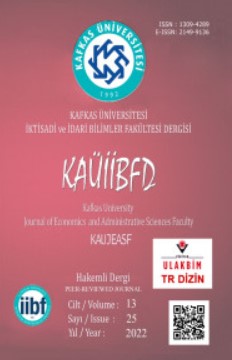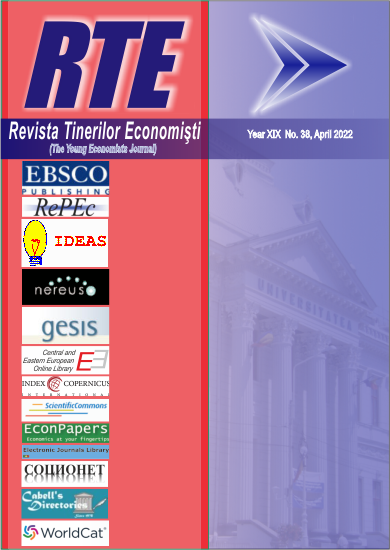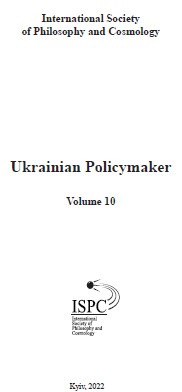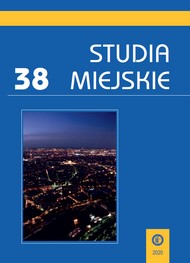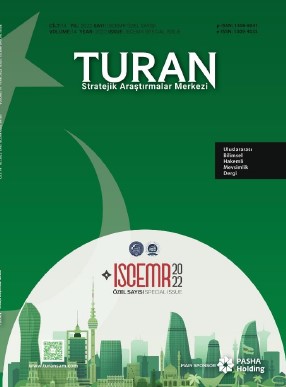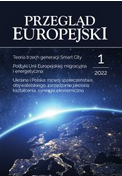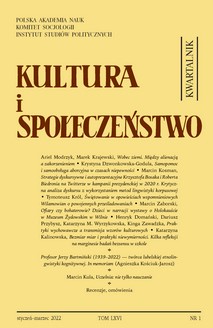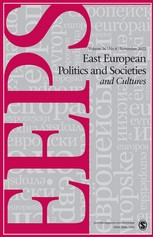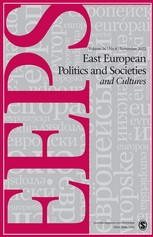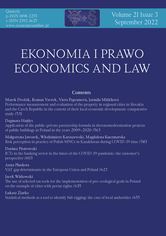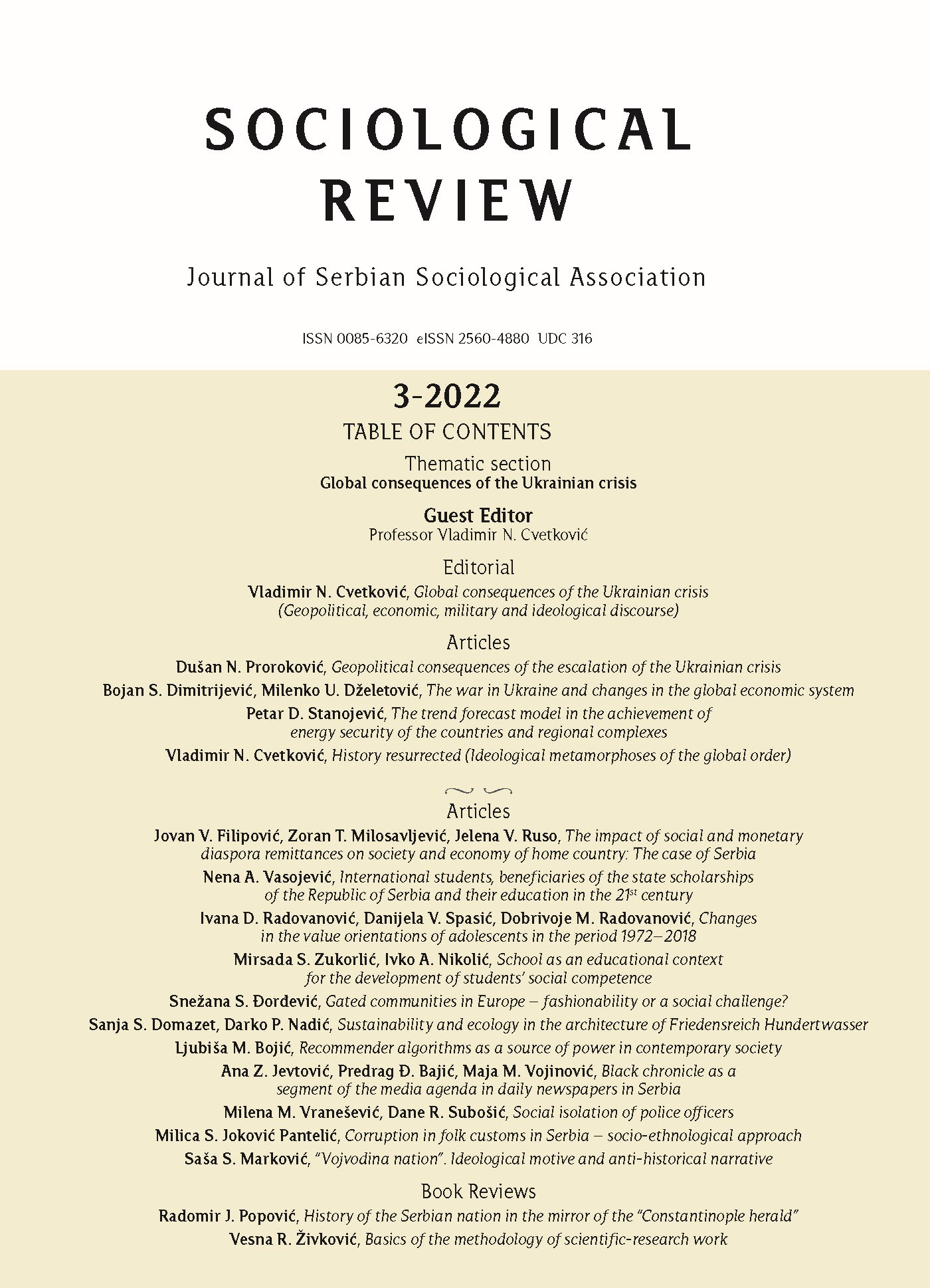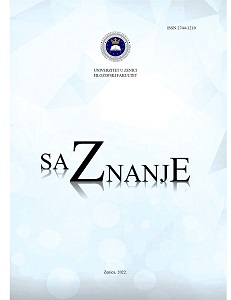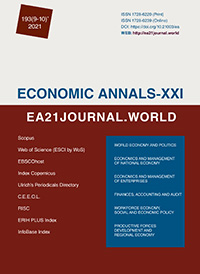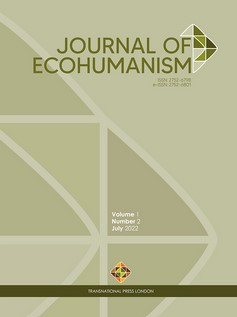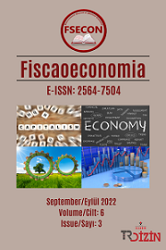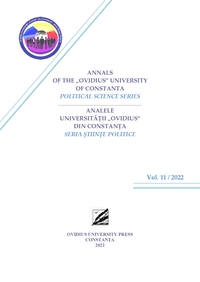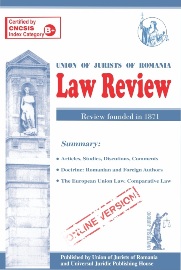
RECENT CASE LAW OF THE ROMANIAN COURTS AND THE EUROPEAN UNION COURT OF JUSTICE RELATED TO THE OBJECTIVE ENVIRONMENTAL LIABILITY
Although the economic interests have played a major political role in the recent period, in a number of litigations the courts applied the “polluter pays” principle and rendered favorably judgments to the claimants which suffered a damage caused by pollution. In this respect, it is worth analyzing the case law of the European Court of Justice which has recently provided the presumption of liability for pollution of the operators which operates installations on land adjacent to a polluted area. As the Romanian case law is concerned, given the novelty of the framework of an objective environmental liability and the low number of cases related to this issue, it is to be developed a constant jurisprudence as the decision rendered by the Romanian Court of Appeal as of March 9, 2009, which forced a polluter to remedy totally and in kind the damage caused to an individual’s house.
More...
